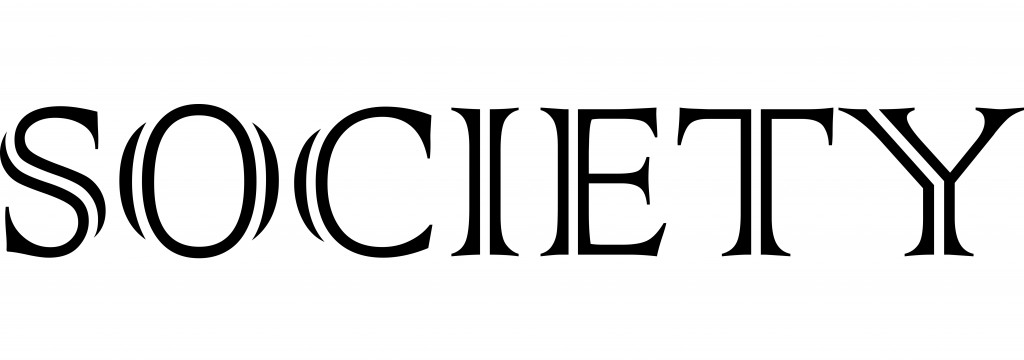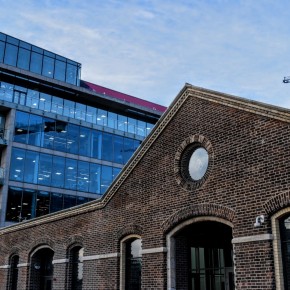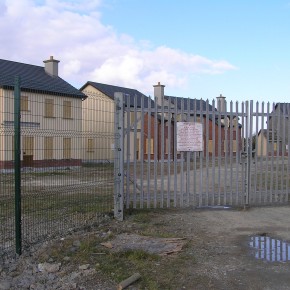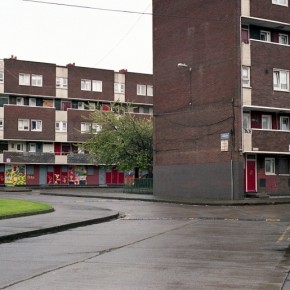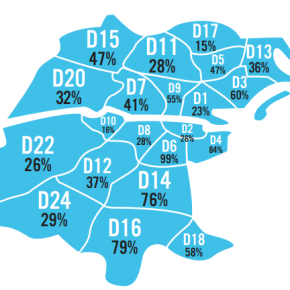
Not only the Rich: A Case for Fees
The evolving demands of the labour market, coupled with a policy push toward the creation of a ‘Knowledge Economy’, has led to the increasing expectation and prerequisite of a third level degree in the Irish jobs market. With the majority of Irish students pursuing a third level education on completion of second level, second level...

Curing the Health System: UHI in Ireland
The Irish healthcare system cannot accurately be described as being either public or private in nature, but rather a mesh of public and private, non-profit and for-profit institutions. The inefficiencies of the current hybrid system are painfully evident, while the inequality of service provision, typified in the current layout where hospital consultants are paid a...
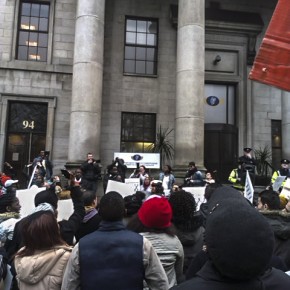
Social Costs of Direct Provision
A clear majority of Irish voters approve of the current Direct Provision policy towards asylum seekers [1]. Support for the policy is strong across all social classes, but is especially popular among DE voters, and, surprisingly, among young voters (18 to 34). Given such broad popular support for the current arrangement, it is unlikely that any change...
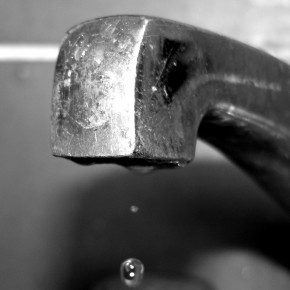
Water: Economics and Equitability
The economics of water is about trying to understand water scarcity and the values of water, as well as how to ensure that our broadly defined needs are understood, that costs and benefits of choices are clear and that the impacts of alternative pricing schedules are clarified (Joyce and Convery, 2009, p. 377). Implying that water...
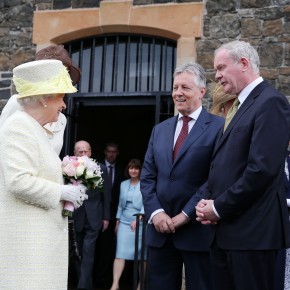
Stagnation in Northern Ireland requires new interventions
It seems as if inter-ethnic, territorial and sectarian tensions have become a global epidemic in recent times. Israeli-Palestinian relations are on a knife-edge, the conflicts in Nigeria and Central African Republic have not been resolved, and there is a feeling that Ukraine is still very much an ongoing affair. And then there is Northern Ireland. While violence...
